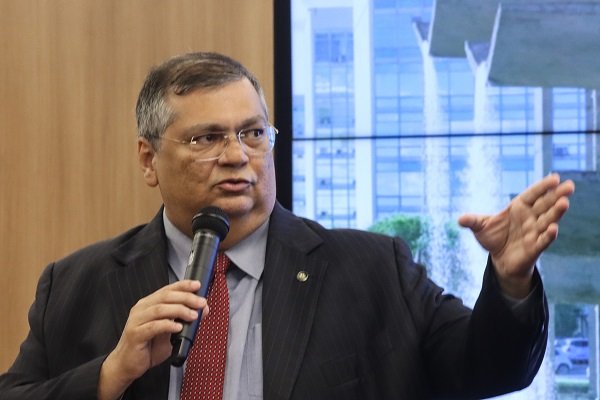Flávio Dino Minister of the Federal Supreme Court (STF) determined that committee amendments and outstanding payments from former rapporteur amendments can only be paid by the Executive Branch when there is full transparency and traceability of the resources. Additionally, he established that members of parliament may only send amendments to their home states, except for projects of a national scope.
This Content Is Only For Subscribers
To unlock this content, subscribe to INTERLIRA Reports.
NGOs
The minister also imposed that, when NGOs and other third-sector entities are the executors of the amendments, they must comply with objective contracting procedures and obligations of transparency and traceability.
Conciliation Hearing
This decision was made during a conciliation hearing called by Justice Flávio Dino in mid-June of this year, but which only took place on 1 August. In the minister’s assessment, there is no evidence that the Executive Branch and Congress have interrupted the practice of the Secret Budget.
Unconstitutional Secret Budget
Dino stated that these determinations are necessary to ensure compliance with the Supreme Court’s ruling that declared the secret budget unconstitutional in 2022.
CGU Must Audit Transfers
Dino signed an order with a series of determinations for the government, Congress, and oversight bodies. The Comptroller General’s Office, for example, will have to analyze data from the ten municipalities that benefited most from parliamentary amendments by the number of inhabitants, from 2020 to 2023, and conduct a risk and efficiency analysis on the committee amendments executed this year. The minister also gave the Executive and Legislative branches 30 days to clarify the procedures they have adopted and intend to adopt to put an end to the secret budget once and for all.
Secret Budget
Created during the government of former president Jair Bolsonaro (PL), the secret budget consisted of the use of amendments so that congressmen could send resources to the areas where they were elected – electoral base – voted, but without transparency as to which congressman sponsored which funds. The allocation of resources without transparency continued in the Lula government in different forms.
Analysis:
The decisions made by Judge Flávio Dino aim to enforce transparency in the amendments. This applies to both retroactive amendments executed under the secret budget and current committee amendments utilizing similar mechanisms. This decision represents a significant development in the ongoing efforts to ensure transparency in the allocation of parliamentary amendments in Brazil. By mandating that committee amendments and outstanding payments from former rapporteur amendments can only be paid with full transparency and traceability, Dino is addressing a long-standing issue that has plagued the Brazilian political system.
The conciliation hearing, although delayed, was crucial in reaffirming the need for adherence to the Supreme Court’s 2022 ruling that declared the secret budget unconstitutional. By requiring full transparency and traceability for both past and present amendments, Dino is taking significant steps to rectify the opacity that has characterized the allocation of resources through these amendments.
These measures not only aim to rectify past misallocations but also establish a framework for future transparency.




